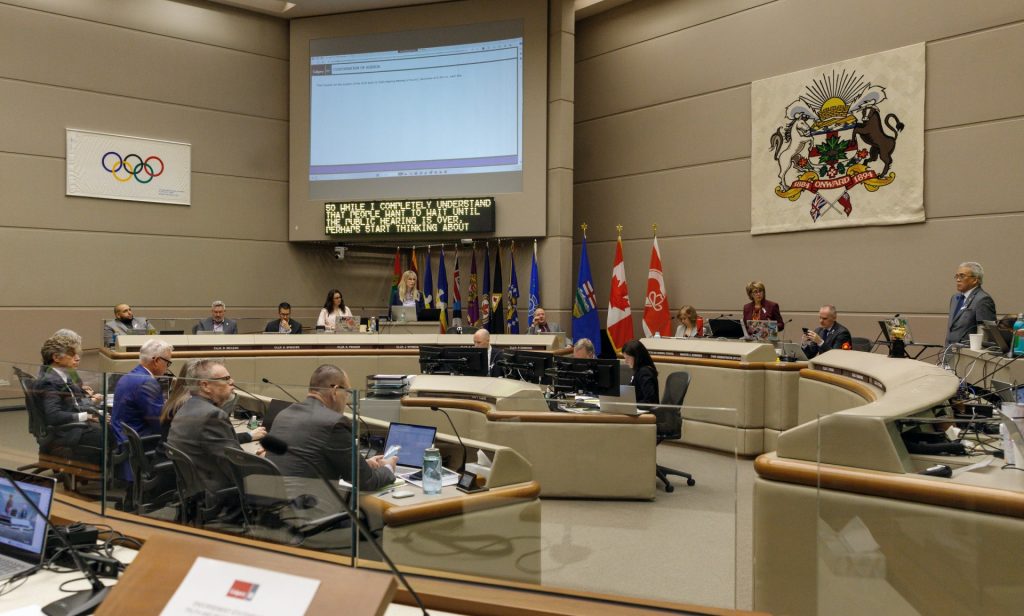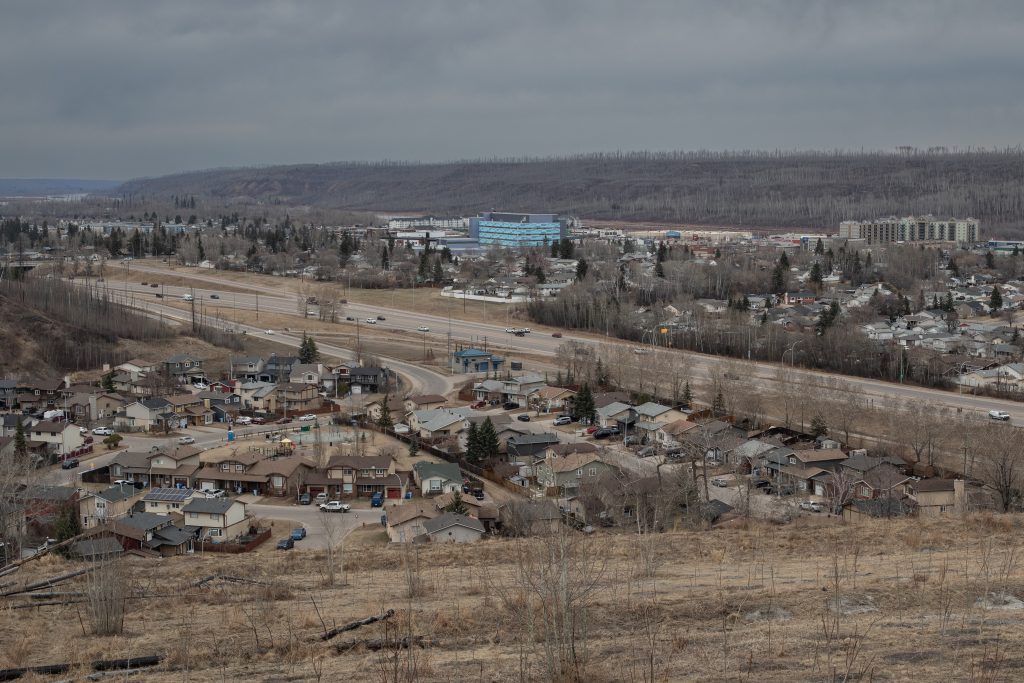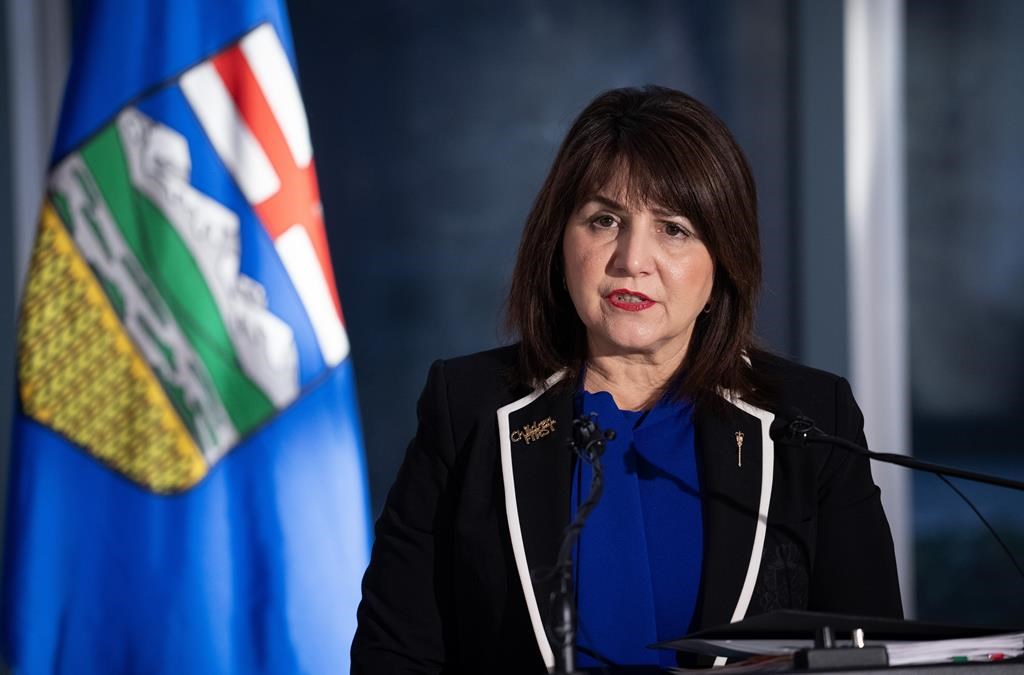Alberta would need to negotiate international agreements if it quits CPP: Freeland

Posted Nov 3, 2023 12:34 pm.
Last Updated Nov 3, 2023 12:40 pm.
Federal Finance Minister Chrystia Freelandsaid Friday that if Alberta were to quit the Canada Pension Plan, it would need to launch a “complex and multi-year process” of negotiating international social security agreements to deal with contributors who work abroad.
Freeland listed that effort among other steps she says the Alberta government, as well as the federal government, would need to take if Premier Danielle Smith decides to withdraw the province from the federal retirement plan and set up its own program.
Her remarks came following a virtual meeting with provincial finance ministers, in which she says they discussed the consequences of Alberta going ahead with its proposal.
“Of course Alberta has the right to withdraw,” Freeland told reporters.
“But Alberta’s choice about the (Canada Pension Plan) also implicates every single Canadian.”
Freeland, who called herself a “proud daughter of Alberta,” said she is hearing from Albertans who are concerned about the idea and is asking the chief actuary to “provide an estimate of the asset transfer,” based on a “reasonable interpretation of the provisions in the (Canada Pension Plan) legislation.”
On the issue of negotiating international social security agreements, Freeland told reporters during Friday’s news conference that if Alberta launched its own program it would need to do so to “ensure similar treatment of contributors who spend part of their careers aboard.”
Quebec has negotiated its own such agreements with 39 countries, while Canada has done the same with 60.
“This would be a complex and multi-year process and it would be taking place at a time of real uncertainty,” Freeland said, both in terms of “geopolitical uncertainty” and “global economic uncertainty.”
The Alberta government argues that its workers have contributed an oversized share to the national fund and would be in line for big savings and payouts if it were to leave the CPP.
Alberta Minister of Finance Nate Horner said in a statement the province is committed to making sure the potential creation of an Alberta pension plan wouldn’t leave Canadians in other provinces without stable pensions and benefits.
“For the past several weeks, Alberta has been having an open discussion about the possibility of establishing an Alberta Pension Plan that will benefit our seniors and workers,” he said. “This will only happen if Albertans vote to do so in a referendum.”
Alberta Premier Danielle Smith had planned to hold a possible referendum on leaving the CPP in 2025, but now says she won’t go ahead with such a vote until governments or the courts deliver a hard number on how much Alberta will get if it leaves the plan.
“We are encouraged to hear the federal government commit to providing a comprehensive actuarial analysis of the asset transfer value Alberta would be entitled to receive should it withdraw from the CPP,” Horner said. “We’ve been asking for this for several weeks.
“It is critical for the ongoing discussion of an Alberta Pension Plan that we have a firm asset transfer number (and the potential benefit increases to Albertans stemming from that transfer amount) upon which Albertans can make an informed decision.”
The Alberta finance minister also said the federal government’s carbon tax was a subject of discussion during the meeting. In particular, the recent decision by the feds to exempt home heating oil from the tax, a method of home-heating typically used in Atlantic Canada.
This choice has led to outcry from various provinces across party lines, saying the move is unfair and benefits some Canadians over others.
“Canadians remain in the midst of an affordability crisis and the carbon tax continues to hurt us all,” Horner said.
He said this discussion will likely continue at the next Federal-Provincial-Territorial Meeting of Ministers, scheduled for Dec. 14 and 15.
“At that time, I hope we can discuss cutting the carbon tax so Albertans and Canadians will no longer be penalized according to where they live, and which members of Parliament they elect,” the Alberta minister concluded.










